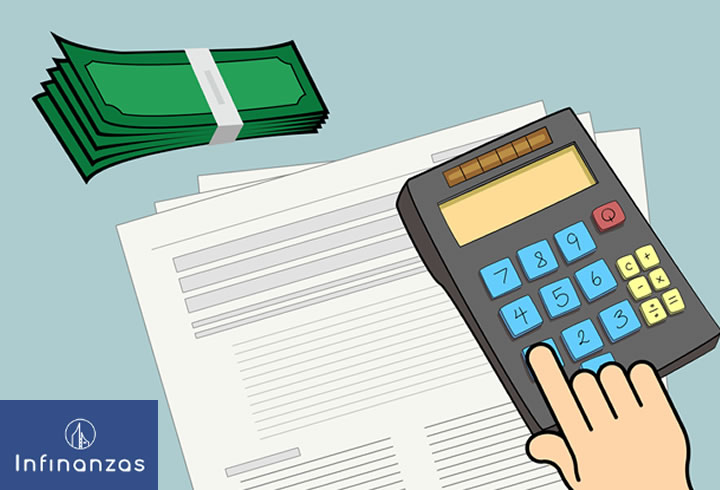It is not necessarily how much you earn to know if you are exempt from paying taxes in the United States of America, there are also certain exceptions that you should keep in mind in order to know if you belong to the list of beneficiaries of zero balance, as far as taxes are concerned.
It is true that thanks to the collection of taxes, improvements are generated in many aspects of aesthetics, culture, roads, natural areas, economy, in short, in developed countries is a fundamental pillar of self-sustainability, for that reason they are still powers as is this North American country.
Then you will be able to know if you belong or not to those who have special conditions and will not be able to declare next year.
Do you all have to file taxes in the U.S.?
The answer is probably yes, but as the deadline approaches, it’s a good idea to find out if you are one of the rare exceptions or if it’s time to get your paperwork together and send it in early. The most important thing to remember is that the deadline to file 2022 individual returns and pay last year’s remaining federal income taxes is Tuesday, April 18.
Who needs to file?
Most U.S. citizens and people working in the U.S. must pay taxes based on their gross income, marital status and age.
Who is exempt?
According to Turbotax’s tax preparation tool, you do not need to file a tax return if:
You are under 65.
Your marital status is one.
You have no special circumstances that require you to file. For example, you receive income from self-employment. Your income is less than $10,550, which is the standard taxpayer deduction for 2022.
People who receive Social Security benefits as their only income don’t pay taxes, so they may not have to file a federal income tax return. But if they have significant income in addition to benefits, such as wages, self-employment, interest, dividends and other taxable income, they will have to disclose it.
The Internal Revenue Service (IRS) advises people to file tax returns even if they don’t have to because they can claim credits such as Earned Income Tax (EITC), child tax, education and clawback refunds.
In addition, they are entitled to a refund. The IRS recommends that you file a return if any of the following apply to you:
Income tax has been withheld from your wages. You have paid estimated tax for the year, or any overpayment you made last year is added to the estimated tax for the year.
Students receiving scholarships or grants from institutions or the government, obviously not receiving any type of self-employment income.
Blind people also do not have to file a tax return.
Although, single dependents over 65 years old or blind must file a tax return if:
Income greater than $7,600 ($8,850 if the filer and dependent are 65 or older and blind).
Unearned income over $2600 ($4150 if both claimant and dependent are over age 65 and blind).
Gross income of $2,600 ($4,150 if applicant and dependents are age 65 or older and blind) or income up to $6,000 plus $1,900 ($3,450 if applicant and dependents are age 65 or older and blind), whichever is greater of the following.




